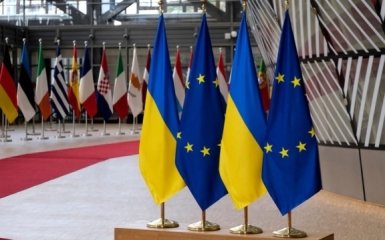EU ambassadors signed a political agreement on the use of profits from the frozen assets of the Russian Federation to provide aid to Ukraine.
What will the profits from the frozen assets of the Russian Federation be spent on?
He notes that this agreement allows the decision regarding the use of surplus profits from the frozen assets of the Russian Federation to purchase weapons and ammunition for Ukraine to be unblocked.
The adopted scheme provides for using surplus profits from the Russian Federation's frozen assets in the amount of up to 3 billion euros per year.
It is noted that Russian assets are currently stuck in the Belgian clearing house Euroclear and other European depositories, mainly due to the financing of joint arms purchases for Ukraine by EU countries.
European diplomats explain that adopting the agreement became possible thanks to a compromise on the part of Belgium, which expressed readiness to direct income tax revenues to a joint fund for Ukraine from 2025.
How did the EU approve using profits from Russia's frozen assets?
Also, according to Brussels diplomats, they reduced the commission charged by Euroclear for processing frozen Russian assets to 0.3% from the initially discussed 0.5% after pressure from Germany and France.
The European Central Bank (ECB) will manage an emergency reserve created to pay for lawyers' services in the event of a Russian trial.
As a next step, EU finance ministers will sign the relevant agreement at a meeting next Tuesday (May 14).
In a separate initiative, G7 leaders are expected to meet at a summit in June to discuss a US-led initiative that would allow the group of countries to provide up to $50 billion in aid to Ukraine, with the bulk of the aid coming from excess profits from frozen Russian assets seized in to the whole world, the publication says.




